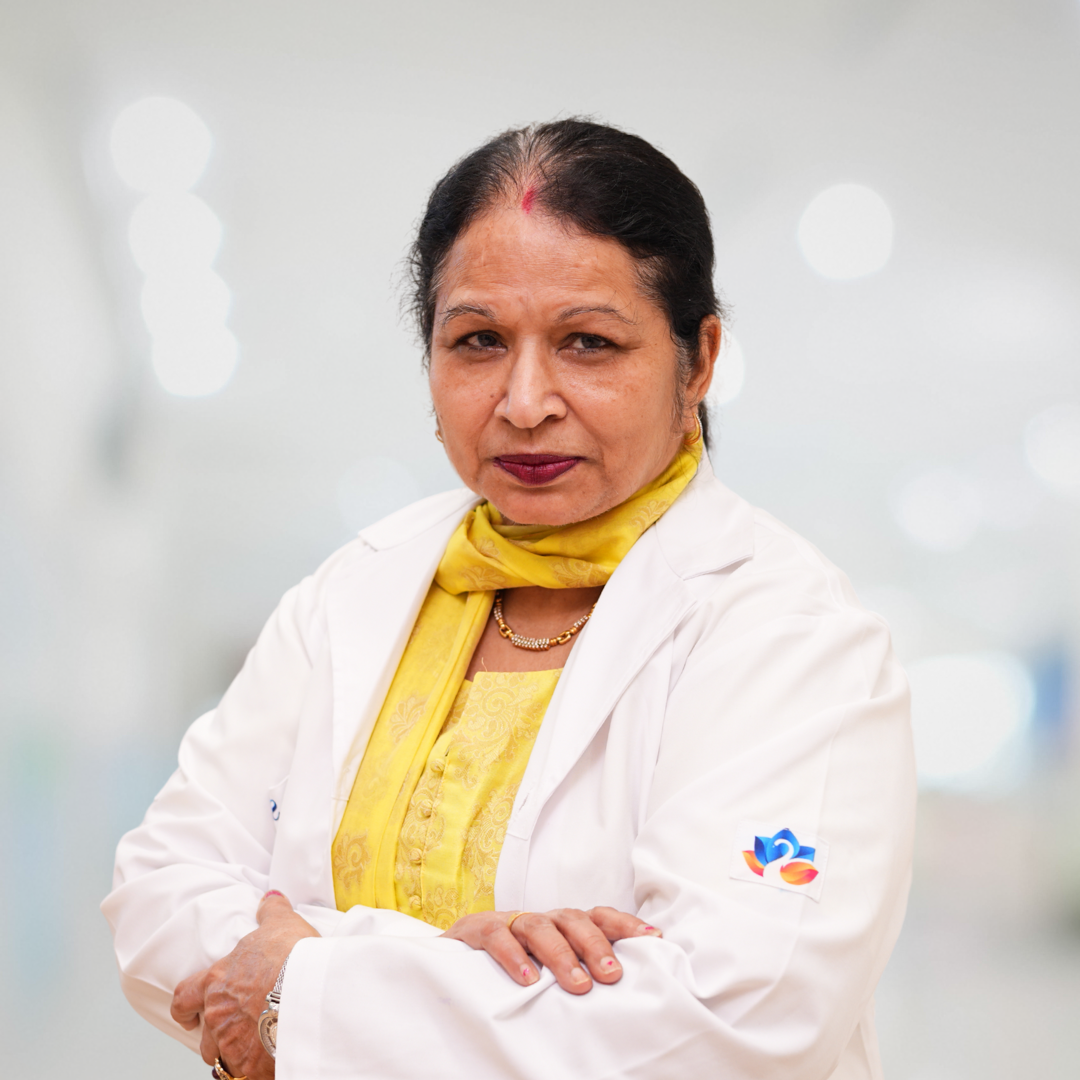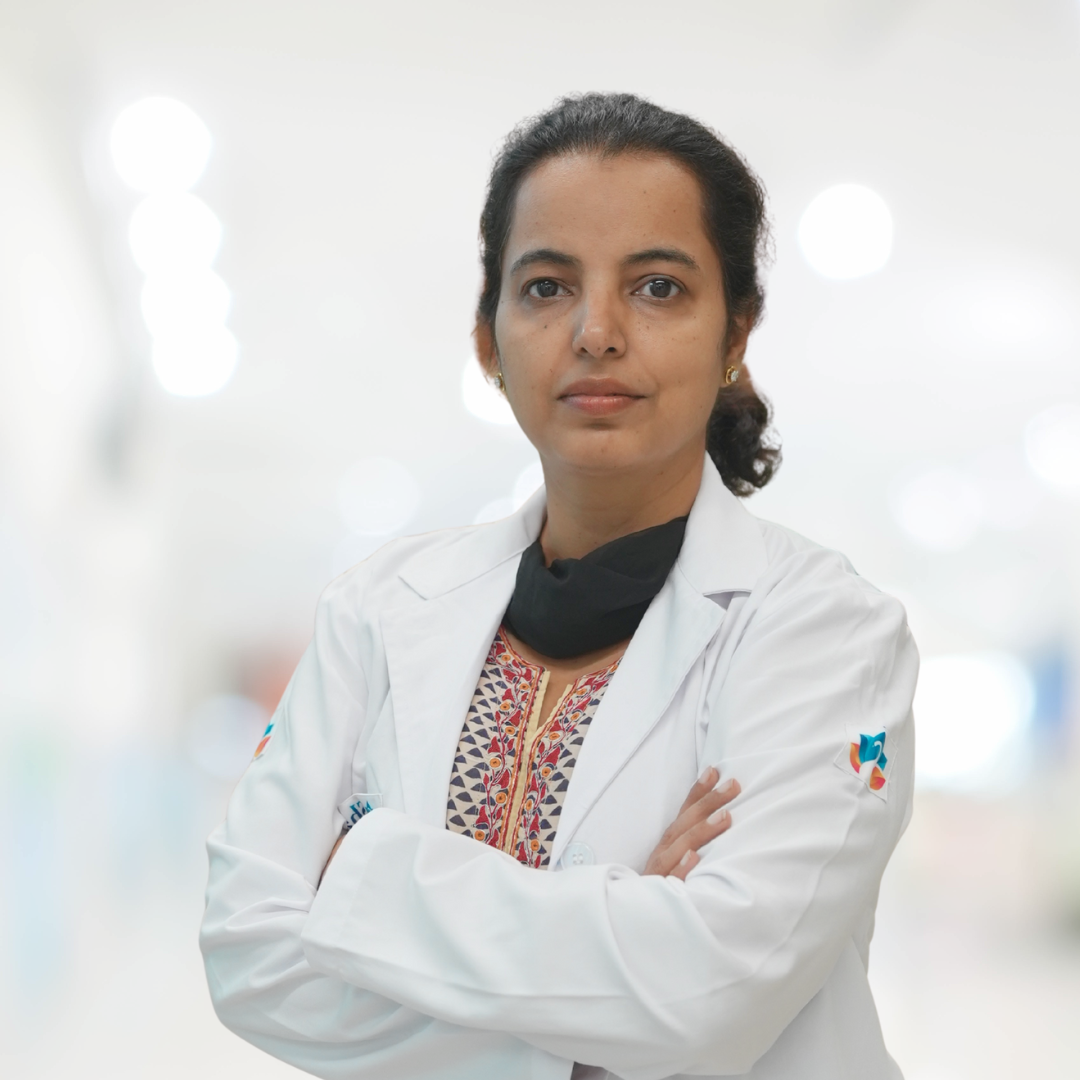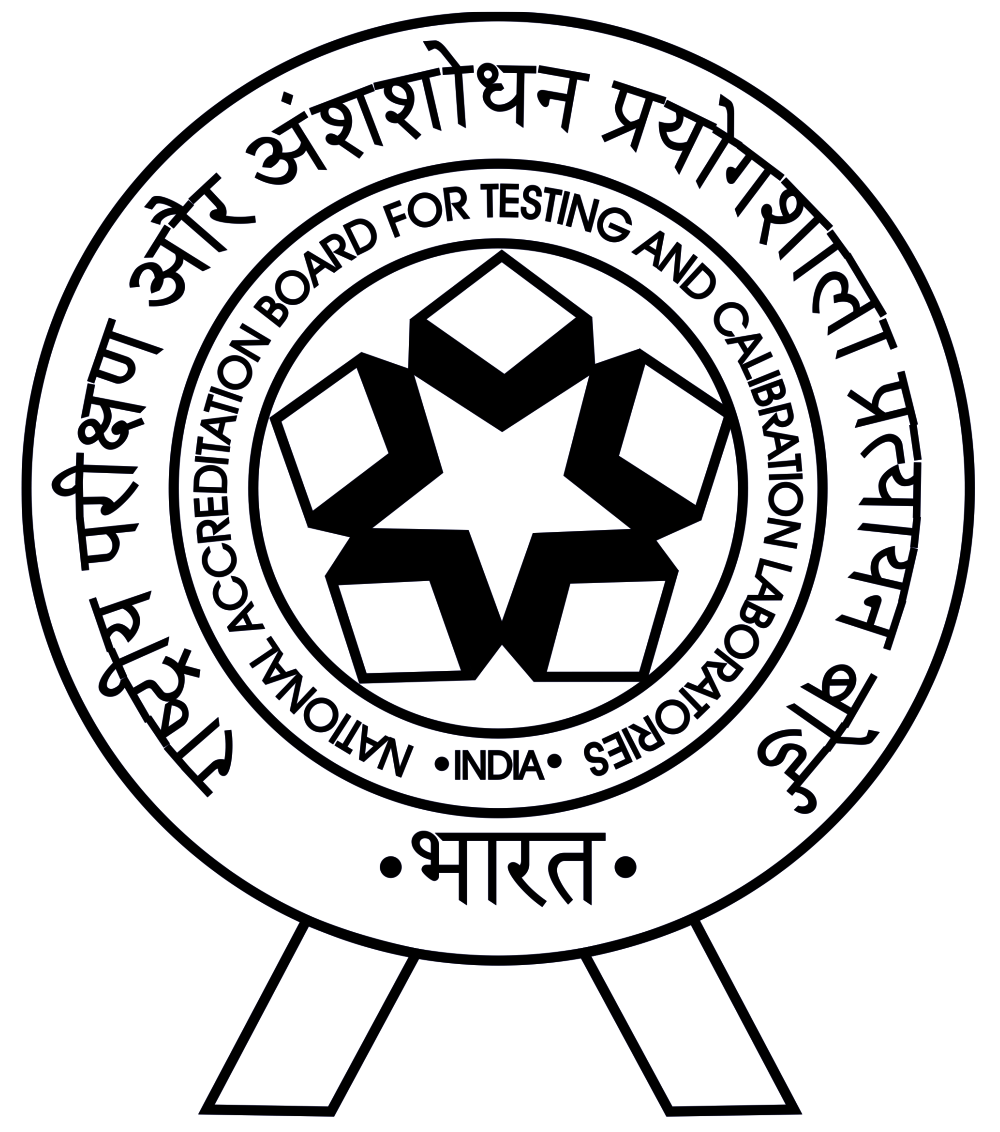
Obstetrics and Gynaecology
Gynaecology & Women’s Health Care at ShardaCare – Healthcity
At ShardaCare - Healthcity, we understand the unique healthcare needs of women, and our Department of Gynaecology is dedicated to addressing them with the utmost care and compassion. As a leading healthcare provider, we offer a comprehensive range of services that cater to the diverse and ever-evolving health concerns of women.
Our Gynaecological expertise extends beyond the traditional boundaries, encompassing the diagnosis and treatment of a wide array of conditions affecting the Female Reproductive System. From the Uterus, Ovaries, and Fallopian Tubes to the Cervix, Vagina, and Vulva, our team of experienced specialists employs the latest medical advancements to deliver personalized and effective care.
Recognizing the importance of comprehensive women's health, our services encompass a diverse range of areas, including Contraception, Menopause Management, Sexual Health, and Cancer Screening. We believe that empowering women with knowledge and access to quality healthcare is the foundation for informed decision - making and improved overall wellbeing.
Integrating our Gynaecological expertise with the field of Obstetrics, ShardaCare - Healthcity offers a seamless continuum of care for women throughout their Pregnancy, Childbirth, and Postpartum experiences. Our multidisciplinary approach ensures that every stage of a woman's life is supported with the utmost care and attention.
Medical Procedures for Obstetrics & Gynaecology at ShardaCare - Healthcity
This surgical procedure involves removing the uterus through a lower abdominal incision. It is performed to treat conditions like uterine fibroids, endometriosis, abnormal bleeding, pelvic pain, or cancer. In some cases, the ovaries and fallopian tubes may also be removed. Recovery typically takes four to six weeks.
This natural family planning method involves daily measurement of body temperature before getting out of bed. A slight rise in temperature after ovulation indicates the fertile window. Couples can use this method to either achieve or avoid pregnancy, depending on their goals. Consistent charting is essential.
A diagnostic procedure to extract a small sample of breast tissue for laboratory analysis. It's performed to evaluate suspicious lumps or abnormalities detected during mammograms. Biopsies help determine if breast tissue is benign or malignant and can be done using various methods like fine-needle aspiration, core needle, or imaging-guided techniques.
A surgical delivery method where the baby is delivered through an abdominal and uterine incision. It's necessary when vaginal delivery isn't feasible or safe due to factors like fetal distress, breech presentation, or previous C-sections. Recovery time is longer than vaginal delivery and carries additional risks.
A small, dome-shaped device placed over the cervix to prevent sperm from reaching the uterus. Used with spermicide, it's inserted before intercourse and removed after six hours. While effective, it may cause irritation or allergic reactions.
A surgical procedure to stitch the cervix closed during pregnancy, preventing preterm labour in women with a weak cervix. Typically performed between 12 and 24 weeks of pregnancy, it carries risks like bleeding or infection.
A natural family planning method involving monitoring changes in cervical mucus throughout the menstrual cycle. Stretchy, clear mucus indicates the fertile window. Couples can use this method to plan or avoid pregnancy with careful monitoring.
A diagnostic procedure using a magnifying instrument to examine the cervix, vagina, and vulva. It's done to assess abnormal Pap test results and may involve tissue biopsy for further evaluation.
Oral contraceptives containing synthetic hormones to prevent ovulation and thicken cervical mucus. They're highly effective in preventing pregnancy and offer non-contraceptive benefits like menstrual regulation and reduced acne.
A flexible rod inserted under the skin to release progestin, preventing ovulation and thickening cervical mucus. It offers long-term contraception with few side effects but may cause irregular bleeding or weight gain.
Looking for an Expert
ShardaCare - Healthcity is home to some of the eminent Doctors in the world.
Book an Appointment


























